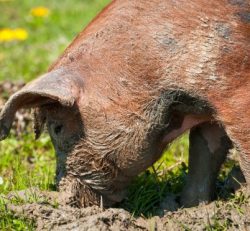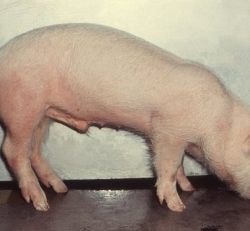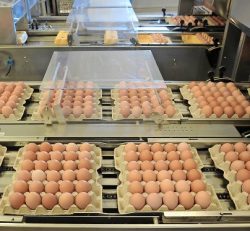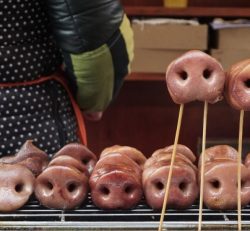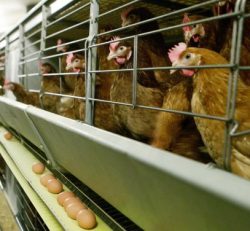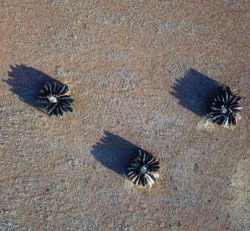ONE-STEP CLOSER TO AN EFFICIENT AND CHEAPER IBV VACCINE
Scientists at a leading UK research centre have made real progress in making a more efficient and cheaper vaccine to combat Infectious Bronchitis Virus (IBV).
IBV is a hugely challenging poultry disease around the globe and it has been estimated that every 10% reduction in IBV incidence would be worth around £654m (Euro733.79m) to the global poultry industry.
Current process is cumbersome and expensive
IBV vaccines are currently produced in hen’s eggs – a cumbersome and expensive process – because most IBV strains do not grow in cell cultures.
Identified the exact genetic code
The researchers at the Pirbright Institute, Surrey, have identified the exact genetic code, which enables a non-virulent lab strain of IBV to grow in cell cultures rather than eggs. They then transferred this code into a vaccine strain, which allowed it to also be grown in cells.
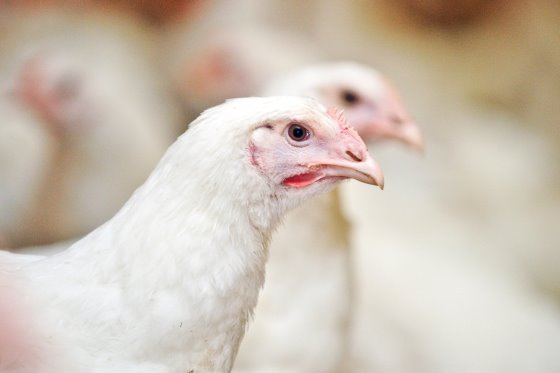
The technique will allow the rapid production of many IBV vaccine viruses in large volumes, thereby lowering production costs and allowing greater flexibility for protecting against the ever changing circulation of IBV strains. Photo: Shutterstock
The breakthrough
Dr Erica Bickerton, head of the Coronaviruses group at Pirbright and team leader, explained the breakthrough:
“To find the genetic code that made the lab strain able to replicate in cell cultures, we scanned the gene that produces the spike protein – the protein which enables the virus to attach and to enter cells – and found a genetic sequence which was unique to that virus.
“We were able to cut this sequence out of the lab strain and replace it in the vaccine strain to see if this allowed the vaccine strain to replicate in cell cultures too.
“The most interesting part of the study was discovering that the sequence which allows lab growth of IBV strains results in the change of only 3 amino acids in the spike protein.
“We can now apply this modification to other IBV vaccine strains, which will help improve the speed and efficiency of IBV studies and can eventually be applied to vaccine production.”
Additional funding received
Additional funding for this research has recently been obtained from the Biotechnology and Biological Sciences Research Council, to enable the team to licence the method to a commercial partner.
Rapid production of IBV vaccine viruses
The technique will allow the rapid production of many IBV vaccine viruses in large volumes, thereby lowering production costs and allowing greater flexibility for protecting against the ever changing circulation of IBV strains.
As well as improving the manufacturing process, the research will also help the team fulfil their commitment to the 3 Rs – Reducing, Refining and Replacing the use of animals in research, which all Pirbright scientists strive to meet.
Tony McDougal
Freelance Journalist
Source: www.poultryworld.net


